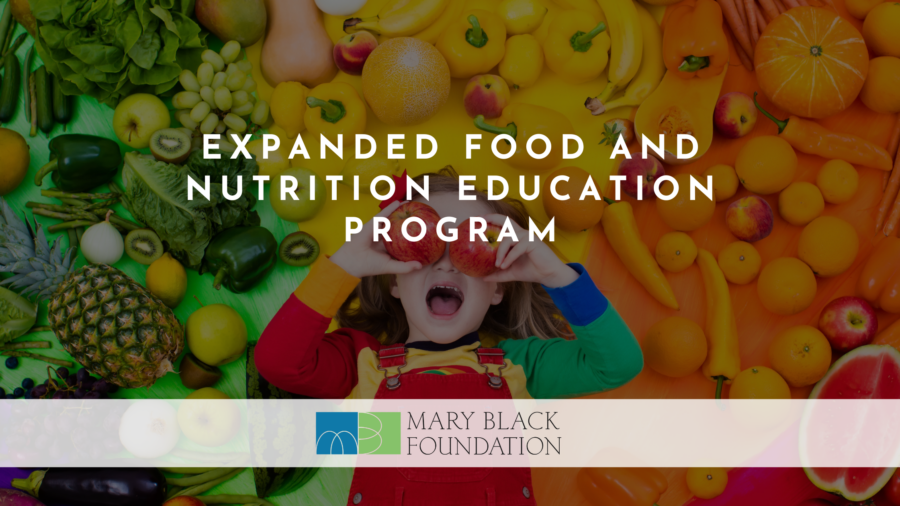About the Expanded Food and Nutrition Education Program
EFNEP is federally funded by the U.S. Department of Agriculture and the National Institute of Food and Agriculture. The program is free to all qualifying adults who are low-income parents and other adult caregivers (such as grandparents and guardians) who have primary responsibility for selecting, purchasing, and preparing food for their children including low-income pregnant women/teens.
“The Expanded Food and Nutrition Education Program (EFNEP) is the nation’s first nutrition education program for low-income populations. It remains at the forefront of nutrition education efforts to reduce nutrition insecurity of low-income families and youth today.”
EFNEP assists limited-resource audiences in acquiring the knowledge, skills, attitudes, and changed behavior necessary for nutritionally sound diets, and to contribute to their personal development and the improvement of total family health and nutritional well-being.
USDA / NIFA Data
[/vc_column_text]
- Diet quality and physical activity
- Food resource management
- Food safety
- Food security
Chronic disease and poor health disproportionately affect minority and low-income audiences. Annual data confirms graduates: improve their diets, improve their nutrition practices, stretch their food dollars farther, handle food more safely, and increase their physical activity levels.As the SC State 1890 Research and Extension EFNEP program assistant in the upstate region, I serve the surrounding counties of Anderson, Pickens, Greenville, and Spartanburg. Community relationships established through partnerships contribute to the success of the program.
EFNEP educators, administer a series of hands-on and interactive classes in various settings such as community centers, schools, income-based housing communities, churches, and food pantries. The nutrition and health educators are familiar with the neighborhoods served by the EFNEP program, making knowledgeable peer educators.Want to learn more or schedule a class? Reach out to Latoya Lyons at llyons@scsu.edu.

